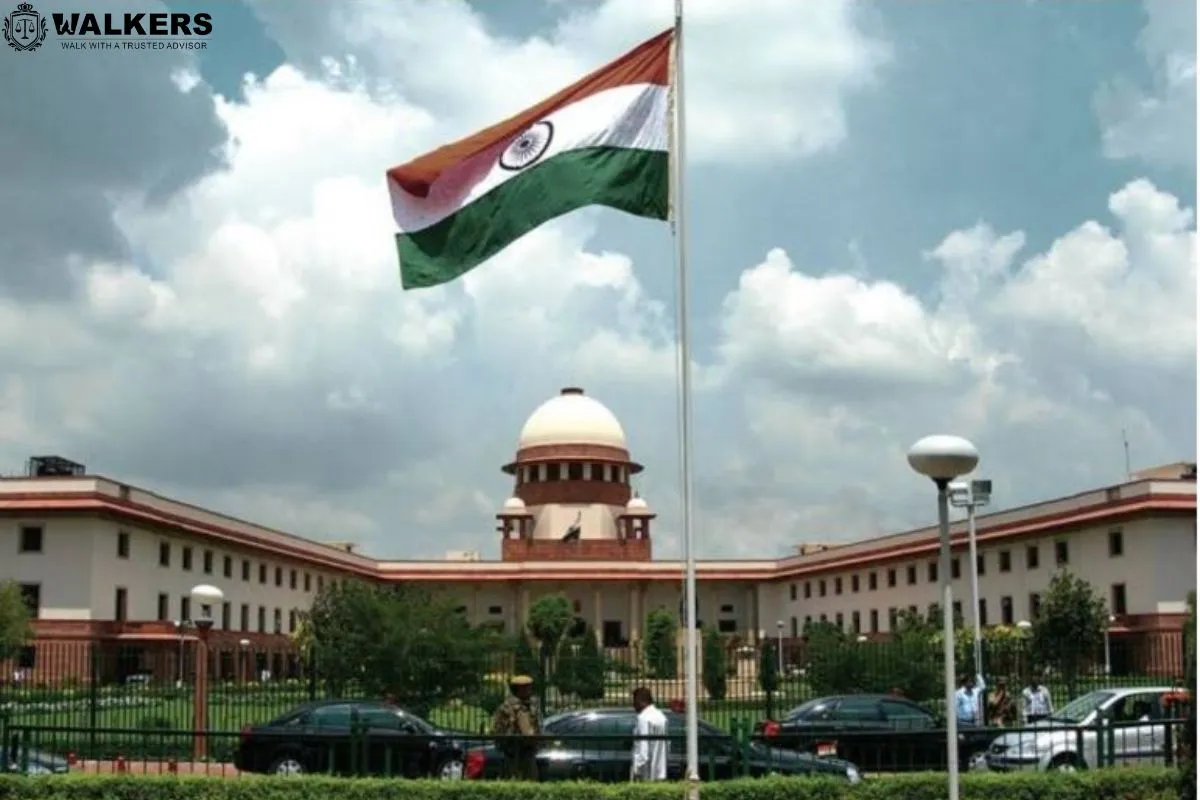


On August 2, the Supreme Court announced that it will commence hearings on the batch of petitions challenging the abrogation of Article 370 of the Constitution. The hearings will take place on a day-to-day basis, except on Mondays and Fridays. The Constitution bench, led by Chief Justice of India (CJI) DY Chandrachud and comprising Justices Sanjay Kishan Kaul, Sanjiv Khanna, BR Gavai, and Surya Kant, stated that all parties must submit their documents, compilations, and written submissions by July 27.
Advocates Prasanna and Kanu Agrawal were appointed as the nodal counsel responsible for preparing common convenience compilations. Any additions to the compilations were required to be made by July 27, and the nodal counsel was tasked with ensuring the compilations were indexed and paginated, with copies provided to all counsel.
Notably, the Court took note of the Centre's statement that its latest affidavit would not be relied upon for arguing the aspect of constitutionality. Solicitor General Tushar Mehta clarified that the affidavit, which outlined the central government's views on post-notification development, would have no bearing on the constitutional question.
Additionally, two petitioners, Shah Faesal and Shehla Rashid, sought permission to withdraw their pleas, and the Court granted their request.
This development occurs nearly four years after the abrogation of Article 370, which granted special status to the erstwhile State of Jammu & Kashmir. Currently, over 20 petitions challenging the Central government's decision to abrogate Article 370 are pending before the Supreme Court. The State was subsequently bifurcated into two Union Territories.
Previously, in March 2020, a five-judge Constitution Bench declined to refer the batch of petitions to a seven-judge Constitution Bench, despite some petitioners seeking a reference. The petitioners argued that two conflicting Supreme Court judgments, Prem Nath Kaul v. State of Jammu & Kashmir and Sampat Prakash v. State of Jammu & Kashmir, which interpreted Article 370, needed resolution by a larger bench. However, the five-judge bench determined that there was no conflict between the two judgments.
The pleas were also mentioned before a Bench headed by CJI Chandrachud in February 2023, and the CJI expressed his intention to decide on listing them.
Meanwhile, the Union Home Ministry filed a fresh affidavit on the stability and progress witnessed in J&K after the abrogation of Article 370. During the recent hearing, the petitioners requested time to respond to the affidavit, but the Supreme Court disapproved of parties filing fresh documents and affidavits, emphasizing the need to maintain a frozen record once compilations are filed.
The Court clarified that the fresh affidavit from the Centre would not impact the constitutional question before the Court. When it was pointed out that the affidavit had been widely reported in the press, the Court responded by stating that it couldn't control press coverage.
TAGS: Supreme Court hearing batch of petitions challenging abrogation Article 370 Constitution August 2 day to day basis Mondays Fridays Constitution bench Chief Justice of India DY Chandrachud Justices Sanjay Kishan Kaul Sanjiv Khanna BR Gavai Surya Kant documents compilations written submissions July 27 nodal counsel preparation common convenience compilations Centre's statement affidavit constitutional question petitioners Shah Faesal Shehla Rashid permission to withdraw Jammu & Kashmir Union Territories Prem Nath Kaul v. State of Jammu & Kashmir Sampat Prakash v. State of Jammu & Kashmir conflicting judgments Union Home Ministry fresh affidavit stability progress record press coverage.